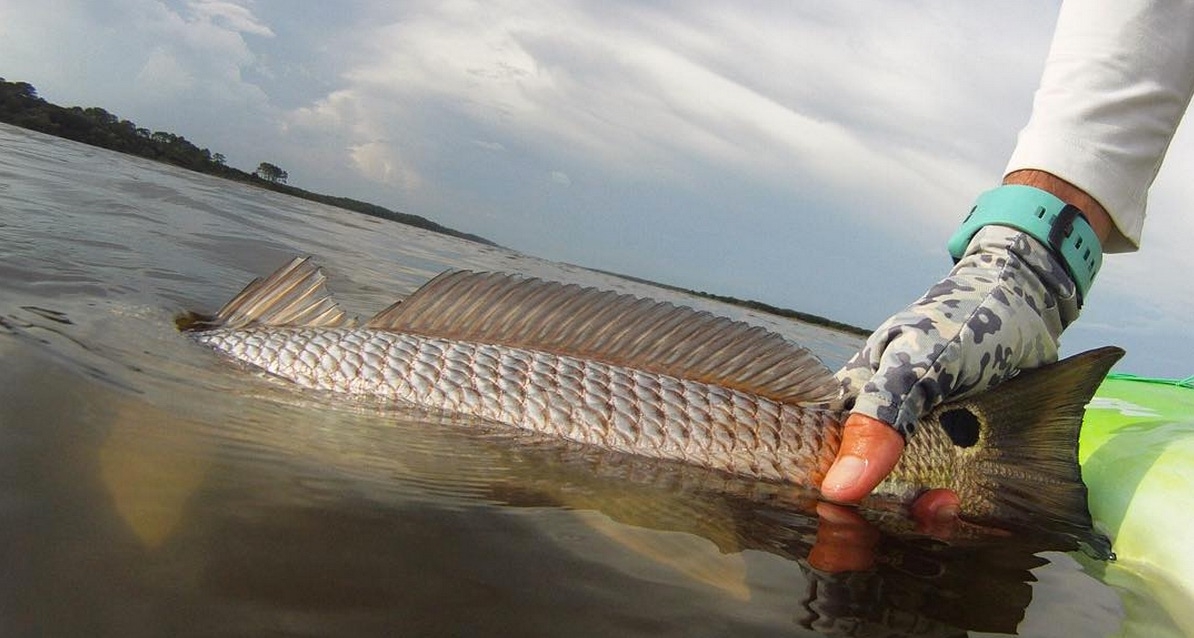Essential Saltwater Fishing Tips for Beginners: Hook the Big Catch with Confidence!
Saltwater fishing offers an exhilarating and rewarding experience, but for beginners, it can seem daunting with its diverse marine life and vast ocean waters. Whether you’re an angler stepping into the world of saltwater fishing for the first time or a seasoned freshwater fisherman looking for new challenges, this guide will equip you with essential tips to make your saltwater fishing adventures a roaring success.
1. Choose the Right Gear: Selecting the appropriate fishing gear is crucial to your success. Invest in a sturdy saltwater fishing rod and reel designed to withstand the harsh environment. Opt for medium to heavy-action rods for versatility in catching various species. Additionally, ensure your reel is corrosion-resistant, as salt water can be harsh on equipment. Monofilament or braided lines are ideal for saltwater fishing, as they offer better strength and sensitivity.
2. Research Your Fishing Spots: Before heading out, research your fishing location. Consult local anglers or fishing forums, check tide charts, and study maps to determine the best spots and fishing times. Fishing conditions can change throughout the day, so plan your trip accordingly. Be aware of any fishing regulations or protected areas to avoid any legal issues.
3. Master Basic Knots: Knowing how to tie strong knots is essential for saltwater fishing. Learn the improved clinch knot for attaching hooks, loop knots for lures or artificial baits, and the Palomar knot for securing swivels and snaps. Practice these knots until you can tie them with ease, as they can make all the difference when battling a big catch.
4. Understand Tides and Currents: Saltwater fishing is heavily influenced by tides and currents. Fish tend to be more active during specific tide phases. Learn the difference between incoming and outgoing tides and how they affect fish behavior. Fish are more likely to be feeding when the tide is moving, so plan your fishing sessions accordingly.
5. Select the Right Bait and Lures: Choosing the correct bait or lure is critical for attracting the fish you want to catch. Live baits such as shrimp, squid, or mullet are popular choices. Alternatively, opt for artificial lures like spoons, jigs, or soft plastics that mimic the movement of prey. Different species have different preferences, so research what works best for your target fish.
6. Patience and Observation: Patience is a virtue in fishing, especially in saltwater. Sometimes, it takes time for fish to discover your bait or lure. While waiting, stay observant of the water’s surface for any signs of fish activity such as splashes, baitfish schools, or seabirds diving. These indicators can lead you to where the action is.
7. Safety First: Saltwater fishing can be unpredictable, so prioritize safety. Always wear a life jacket while on a boat, even if you’re a confident swimmer. Protect yourself from the sun with sunscreen, a wide-brimmed hat, and polarized sunglasses. Inform someone about your fishing plans and expected return time, especially if you’re fishing alone.
8. Practice Catch and Release: Responsible fishing practices help preserve fish populations and their habitats for future generations. If you catch a fish that doesn’t meet legal size requirements or exceeds your needs, release it carefully back into the water. Handle fish with wet hands to protect their delicate skin and scales.
Conclusion
With the right gear, knowledge, and a bit of practice, saltwater fishing can become an enjoyable and rewarding pastime. Follow these essential tips for beginners to increase your chances of success and create unforgettable memories as you venture into the vast and exciting world of saltwater fishing. Respect the marine environment, follow fishing regulations, and savor the unique experience that saltwater fishing offers. Tight lines and happy fishing!
